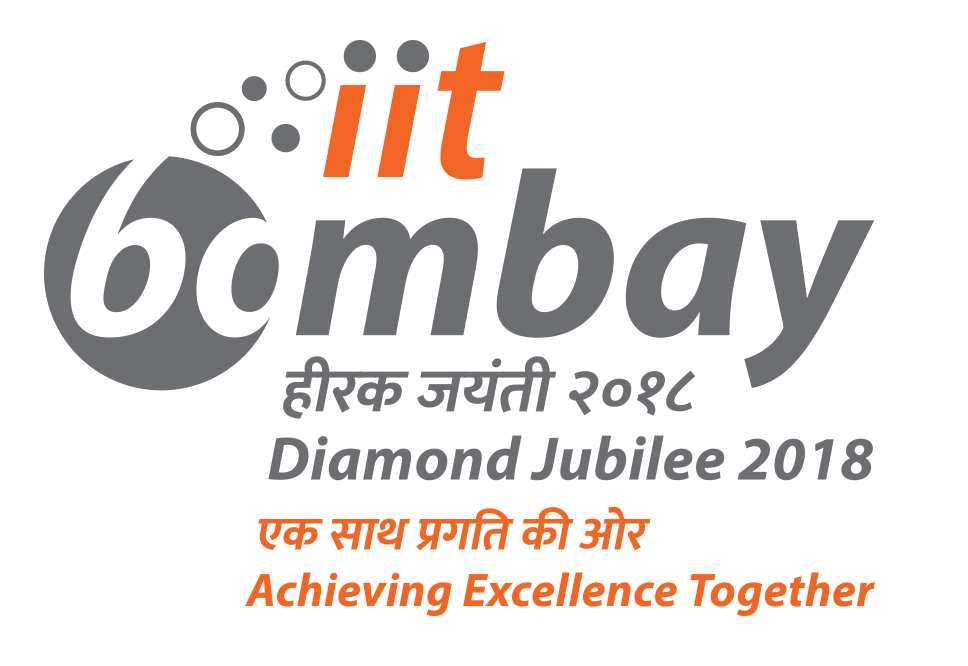Title: Molecular Spintronics and Molecular Motors
Speaker: Dr. Puneet Mishra, Central University of South Bihar
Abstract: Realization of spintronic devices based on organic molecules on a substrate requires atomic-scale spin-sensitive experiments on systems with well-characterized interfaces. In the first part of my presentation, I will talk about our efforts towards developing viable means to transfer spin information through a linear chain of molecules. This includes: a. fabrication of a substrate with one-dimensional electronic states [1], b. making highly ordered arrays of molecules [2], c. developing techniques to detect the spins of single atoms and molecules [3], and d. characterizing molecules which preserve their spin properties even after adsorption on a substrate [4]. I will show our recent results in this direction.
In the second part of my talk, I will present our results on supramolecular motors [5]. Molecular motors are nanomachines inspired by biological motors such as F1-ATPase, kinesin, and myosin etc., which are essential for numerous processes of life. Surface-mounted molecular motors are of particular interest in terms of nanotechnology-based device applications, and they have been shown to be driven by current, light and chemical energy. However unlike the biological motors, artificial molecular motors realized so far are composed of covalently-bonded groups where any molecular reorganization is an irreversible change. Here, we show that supramolecular dimers, consisting of two non-covalently bonded asymmetric Pt-porphyrin molecules, can be rotated with high directionality using current injection from a scanning tunneling microscope (STM) tip. The direction of rotation is determined by the chirality of the dimer, which can be switched between the two enantiomers by choosing an appropriate bias voltage for current injection. Thus, we have realized current-driven supramolecular motors with reversible rotary motion. Our findings will further accelerate the development of complex molecular nanomachines that can be operated on solid surfaces.
References:
1. Physical Review B 81, 115430 (2010); Physical Review B 84, 195466 (2011); Applied Physics Letters 100, 141609 (2012).
2. ACS Nano 7[2] , 1317 (2013).
3. Applied Physics Letters 98, 123106 (2011); Nano Letters 17 [9], 5843 (2017)
4. Nat. Commun. 6, 7547 (2015).
5. Nano Letters 15[7], 4793 (2015).

